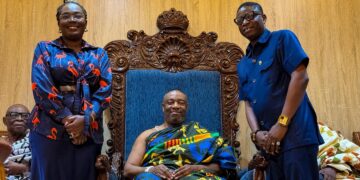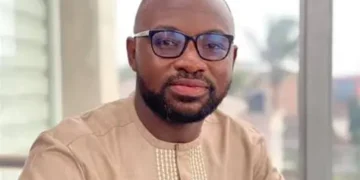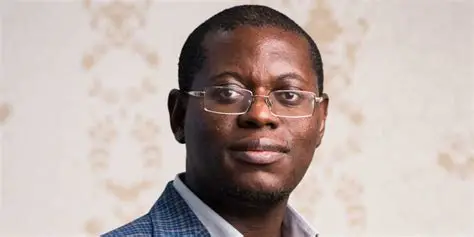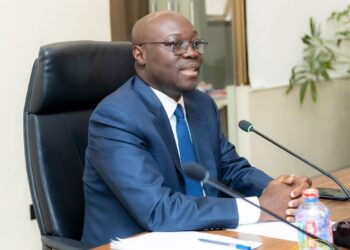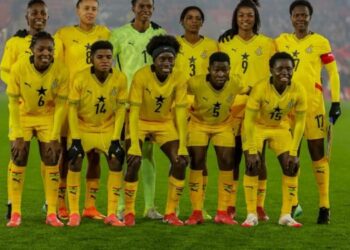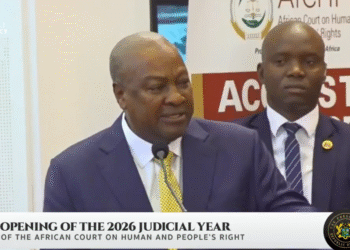Bright Simons, Vice President of IMANI Africa, has pushed back against the Attorney General’s claim that the state has recovered 60% of liabilities from the collapse of uniBank.
In a detailed 25-point critique, Simons described the government’s recovery narrative as “financially misconceived,” arguing that only about 10.6% of the total losses have been retrieved.
According to him, Ghana’s actual financial exposure in the uniBank case may exceed $1.5 billion, yet the government’s reported recovery—valued at roughly \$160 million—falls drastically short.
He emphasized that this figure represents just a fraction of even the amount uniBank’s owners themselves admitted to owing.
Simons questioned why the Attorney General, Dr. Dominic Ayine, decided to both terminate the criminal trial and drop ongoing civil proceedings.
He noted that maintaining the criminal case could have preserved state leverage during settlement talks. “Claiming ‘pragmatism’ is not enough,” he stressed.
The IMANI Vice President pointed to a letter dated July 31, 2018, in which uniBank shareholders acknowledged GH¢4.9 billion in liabilities and proposed the liquidation of GH¢3.52 billion in assets to recapitalize the bank.
He found it concerning that the AG’s revised liability figure now stands at GH¢3.3 billion, which he said lacks transparency and analytical rigour.
Simons also highlighted that the Bank of Ghana and the appointed Receiver—both central to the resolution process—have remained silent, despite being in the best position to clarify the current financial standing of the defunct bank.
“The government’s deal amounts to just 21% of what uniBank’s owners admitted as their liability in 2018,” Simons wrote. He further argued that the capital shortfall, which he estimates at $1.8 billion, underscores a systemic failure in governance and accountability.
He called on authorities to provide full disclosure on the terms of the settlement, including the nature of the forfeited assets and the current status of liabilities to depositors, the central bank, and other creditors.
“In any serious country, the AG’s press conference would mark the beginning—not the end—of the national conversation,” he concluded, questioning whether Ghana is truly committed to financial justice or governed by political expediency.

